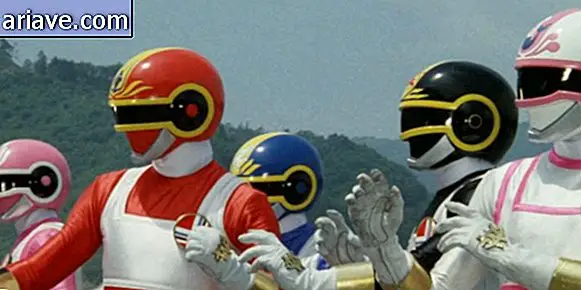Morale can be decided by your genes.

First of all, a quick test. Let's say a runaway truck is heading towards a group of five. If he continues on the same route, they will all die. But you can avoid this accident by diverting the vehicle to another path where only one person is. Would you do it? Do you think it is preferable for only one person to die instead of five?
To make matters worse, let's say that the truck can no longer be diverted. He will run over the five people unless you agree to murder someone by pushing a sixth individual off a bridge. And now? Has your decision changed or remains the same? What if the person you should push off the bridge is a relative of yours?
As you can see from this mental exercise, a person's moral conduct changes according to the context in which he finds himself. However, we are still unsure about the origin of this kind of behavior, ie how our moral rules are formed.
But according to the article “Moral choices show we are deeply split, ” published in the New Scientist magazine of February 18, 2012, this kind of moral “code” is likely to be generated by biology or, more precisely, by our own. genes and survival instinct.
This is why, for example, most people find the death of only one individual rather than five more desirable, unless, of course, the person to be sacrificed is a relative: in this case, the perpetuation of the genes themselves speak louder and what once seemed right becomes wrong.
However, researcher Robert Kurzban of the University of Pennsylvania in the United States believes that gene survival is not always tied to moral rules.
Immoral yes but just to help relatives
In a survey conducted by Kuzban, volunteers were given variants of the same bridge exercise, asking what they would do and asking for confirmation: Is the murder of this person morally accepted?
Eighty-five percent of people considered it wrong to kill someone to save five others, regardless of whether or not the victim was related. This confirms the existence of a kind of rule that goes against the act of killing and overrides the interests of genes.
Still, despite finding the murder solution morally wrong, 28 percent of people would push a stranger to save another five, while 47 percent of volunteers said they would kill one brother to save five brothers. That is, in general, the human being is more inclined to commit a morally negative act if it helps save the life of a relative.
Thus, the experiment showed that we have at least two moral systems that work in parallel: one that says certain actions are wrong and another that forces someone to protect their relatives. Obviously, these systems conflict when you are in a stress situation.
Moral Rules May Be Changed
According to research co-author Peter DeScioli, the cohesion of society requires that we have certain rules, regardless of what they are, so that we can resolve disputes quickly and smoothly. DeScioli argues that our system of rules is arbitrary and can sometimes set standards weird. But the good news is that these internal rules can be changed.
Brown University assistant professor Fiery Cushman ensures that some rules are harder to change than others. But our instinct to protect our fellow men influences how these moral rules are created, otherwise there would be no worldwide punishment against theft, rape or murder.











